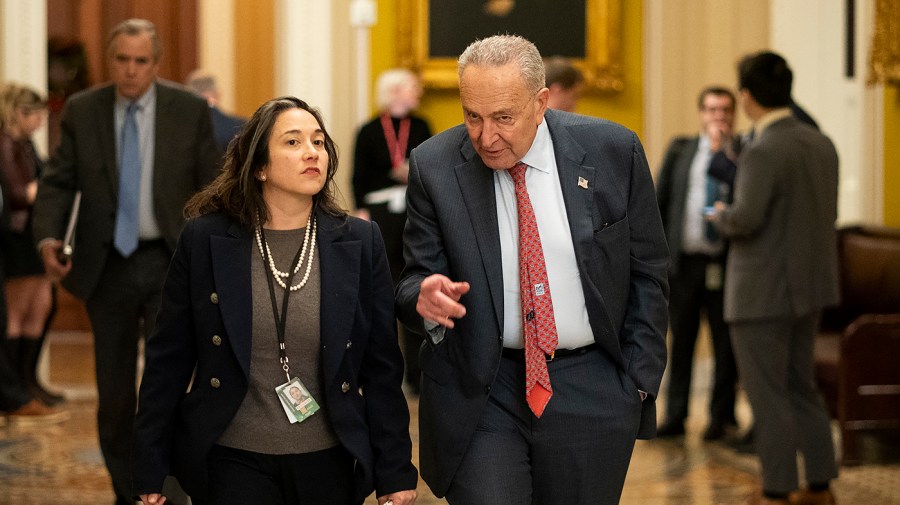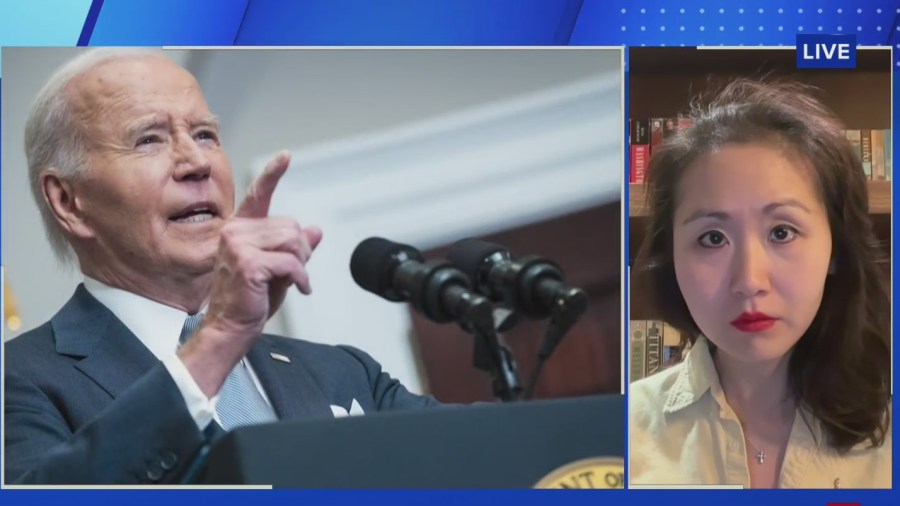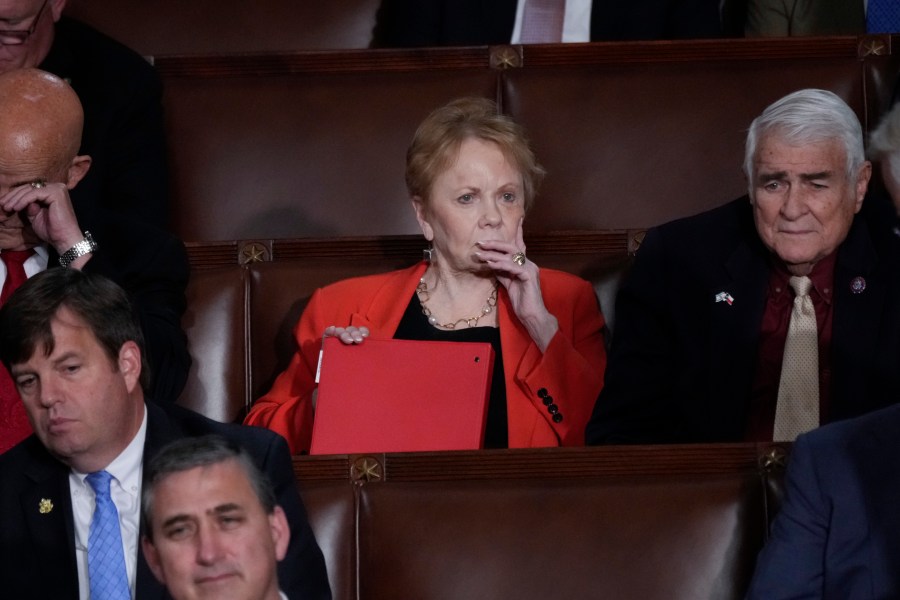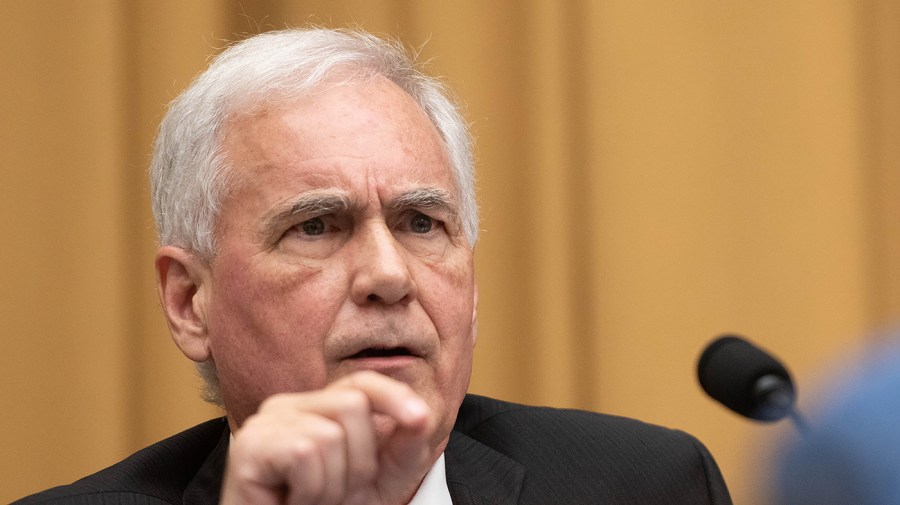
Momentum builds around Social Security reforms ahead of Senate vote
Momentum is building around legislation that could mean higher Social Security benefits for some Americans as Senate leadership tees up a vote for next week.
Senate Majority Leader Chuck Schumer (D-N.Y.) caught some senators by surprise this week when he took the first step to set up consideration of the Social Security Fairness Act, announcing plans to bring up the bill for a vote next week.
“The Senate is going to vote on the Social Security Fairness Act before the end of the year,” he said Thursday, calling the move a chance for senators to “do the right thing for our teachers and nurses and postal workers and law enforcement officers and firefighters.”
Schumer and other backers say the bill aims to prevent unfair reductions in benefits for millions of people who have worked in public service by repealing two tax rules known as the Windfall Elimination Provision and the Government Pension Offset.
Experts say the measures are aimed at preventing some beneficiaries from collecting both their pensions and relatively higher Social Security payouts than earned.
The bill passed with strong bipartisan support in the House last month — and backers are hopeful history will repeat itself in the Senate after it exited the House with strong bipartisan support last month.
However, some Republicans have already expressed concerns about what it could mean for the program’s insolvency date.
“If that bill passes, it’s going to bring it back six or seven or eight months and when Social Security is running out of money, that’s a very serious thing you have to take into consideration,” Sen. Chuck Grassley (R-Iowa) told The Hill.
“Now, that doesn’t say how I’m going to vote on the bill,” he added. “I’m just saying that I’m going to alert everybody to that so that they know if they pass it, that we got to deal with Social Security almost a year sooner.”
Others also shared initial concern about estimates of the bill’s projected cost.
“I’ll look at it,” Sen. Mitt Romney (R-Utah) said this week. But he added if Schumer’s “found a way to make it more expensive, I won’t be for it.”
“We really can’t afford to keep spending more and more, and that’s just the reality of our circumstance,” he said, before signaling some skepticism around Schumer’s move.
“By and large, these things are done to try and win favor with a political group, which is what the Democrats have been doing for years, and it’s worked for a while. But that’s over now.”
The Congressional Budget Office (CBO) estimated the bill would cost upwards of $190 billion over a decade. It also projected in a letter to Grassley last month that Social Security’s trusts funds could “be exhausted roughly half a year earlier than it would be under current law” if the bill were enacted.
However, outgoing Rep. Garret Graves (R-La.), who sponsored the bill in the House, argued earlier this year that the budget office’s estimate confirms inaction on the legislation would mean “$195.6 billion in Social Security benefits will be stolen from public service retirees over the next decade.”
“And since CBO only looks forward, not in the past, it is staggering to think of the literal hundreds of billions stolen from public service retirees over the last 40 years when they needed it most,” Graves said at the time. “We have to make it right and ensure that our teachers, police officers, firefighters and others receive the Social Security benefits they earned during their careers serving the public.”
There’s optimism around the bill’s chances of passage in the Senate, where more than 60 co-sponsors have backed the upper chamber’s version.
“The majority leader said he was going to put it out there and get it moving,” Senate Finance Chair Ron Wyden (D-Ore.) told The Hill. “It had a good vote in the House.”
“I’ve done this a little while, you don’t see very often, where people use the discharge petition to challenge their leadership,” Wyden said, referring to the special maneuver taken by Graves that allows members to bypass GOP leadership to force consideration on legislation.
Unions have cheered the growing push behind the legislation thus far.
“This bipartisan effort shows that we can right the wrongs of the past when we stand together as working people,” American Postal Workers Union President Mark Dimondstein said this week. “I’m proud of the actions our members took to encourage legislators to move this bill forward.”
But some budget hawks are sounding an alarm.
“It is truly astonishing that at a time when we are just nine years away from the trust fund for the nation’s largest program being completely exhausted, lawmakers are about to consider speeding that up by six months,” Maya MacGuineas, president of the Committee for a Responsible Federal Budget, said in Thursday statement. “And add on top of that another $200 billion in new borrowing as a result.”
“Hastening Social Security’s insolvency will only make its consequences worse; benefits will be cut by an additional 1 percent while reducing lifetime benefits for a typical couple by $25,000,” she argued. “We should be talking about how to prevent this cut, not make it bigger and happen sooner.”



